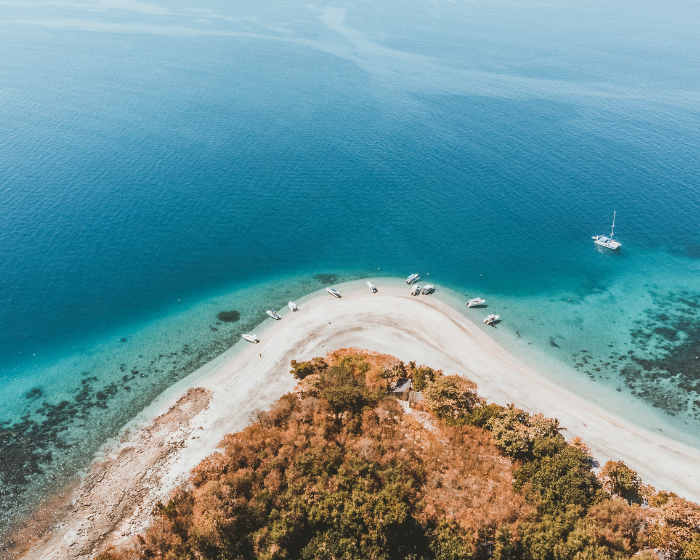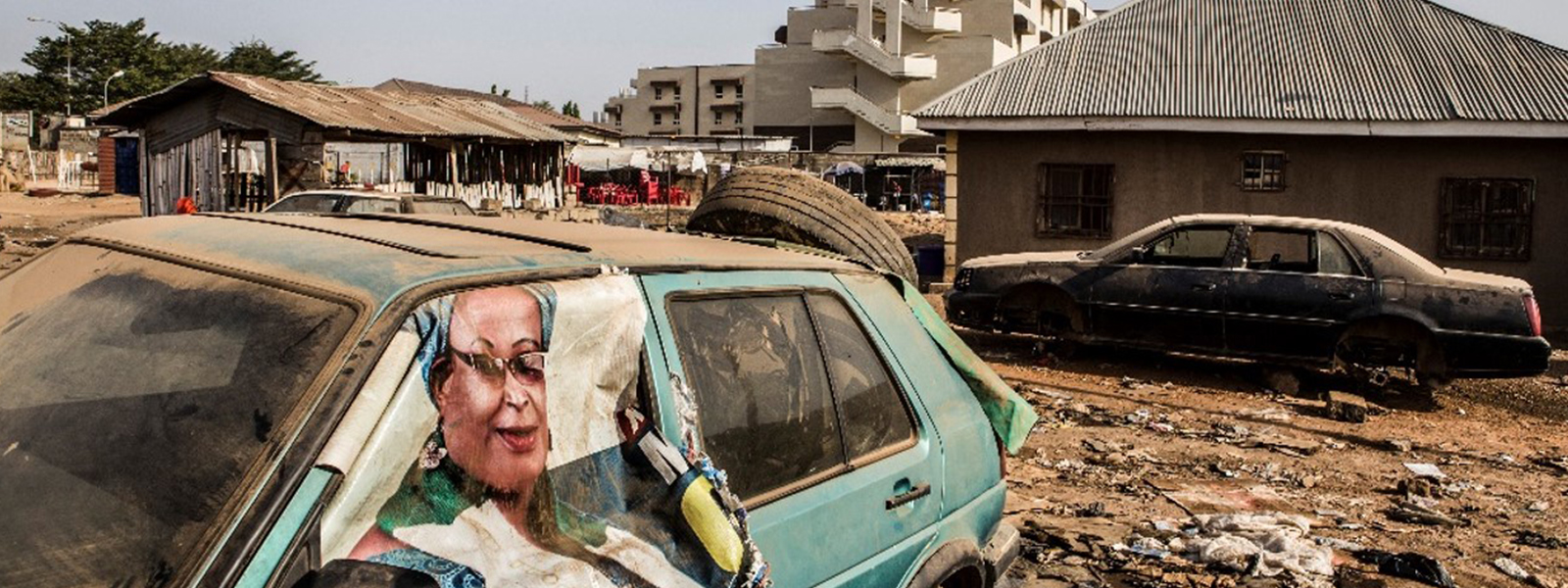Inequality
Relationships between social disadvantage and socio-economic outcomes are well documented in some many parts of the world but less is known about unfair and uneven development over space and time in most countries. The Inequalities cluster encourages both critically engaged technical work and technically capable critical work. Our work embraces quantitative and qualitative social research practice to provide clarity about the best routes for understanding and tackling inequalities through an interdisciplinary and multidimensional perspective. Our current projects include exploring the factors that explain inequality and the impact on vulnerability, particularly in the context of the current Covid-19 pandemic. DIRE members in the School of Geography and School of Health and Social Care are engaged in ongoing real-time research about how demographic and socio-economic inequalities increased the vulnerability of some groups in society to biological contagion and acute mental health conditions during the pandemic. Other areas of research include how socio-economic inequalities in coastal communities in developed and developing countries are reflected in policy-making, particularly in relation to planning and management responses to biodiversity loss and sea level rise.
Dr Clifton’s research has explored how power and organisation amongst stakeholder groups influences values and decision-making with regards to marine resource management in Australia. This research has demonstrated a significant conservation ethic amongst older and more affluent recreational fishers. This influences views on the implementation of new marine protected areas whilst also affecting the extent to which fishing pressure can be alleviated by artificial reefs. This research has been extended to consider how individual and collective social values interact around artificial reefs and the implications for their future expansion in the context of oil and gas rig decommissioning.
Zimmerhackel, J.S., Clifton, J., Ackermann, F., Burton, M., Elrick-Barr, C.E., Hill, G., Harvey, E.S. (2023). A framework for the integrated assessment of social and economic values associated with man-made marine structures. Marine Policy 152: 105612 DOI: 10.1016/j.marpol.2023.105612
Elrick-Barr, C.E., Zimmerhackel, J.S., Hill, G., Clifton, J., Ackermann, F., Burton, M., Harvey, E.S. (2022). Man-made structures in the marine environment: a review of stakeholders’ social and economic values and perceptions. Environmental Science & Policy 129: 12-18 DOI: 10.1016/j.envsci.2021.12.006
McNeill, A., Clifton, J., Harvey, E.S. (2019). Specialised recreational fishers reject sanctuary zones and favour fisheries management. Marine Policy 107, 103592 DOI: 10.1016/j.marpol.2019.103592
Funding: Harvey ES, Burton M, Partridge J, McLean D, Newman SJ, Burns K, Pagano M, Ackermann F, Clifton J (2019). Enhancing the understanding of the value provided to fisheries by man-made aquatic structures. Fisheries Research and Development Corporation: $353,000PAPER

Contact Us
School of Geography, College of Health and Science
University of Lincoln, Think Tank, Ruston Way, Lincoln, LN6 7DW
Tel: +44(0)1522 835820

